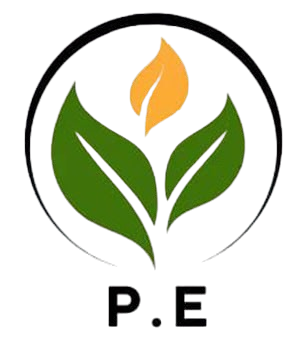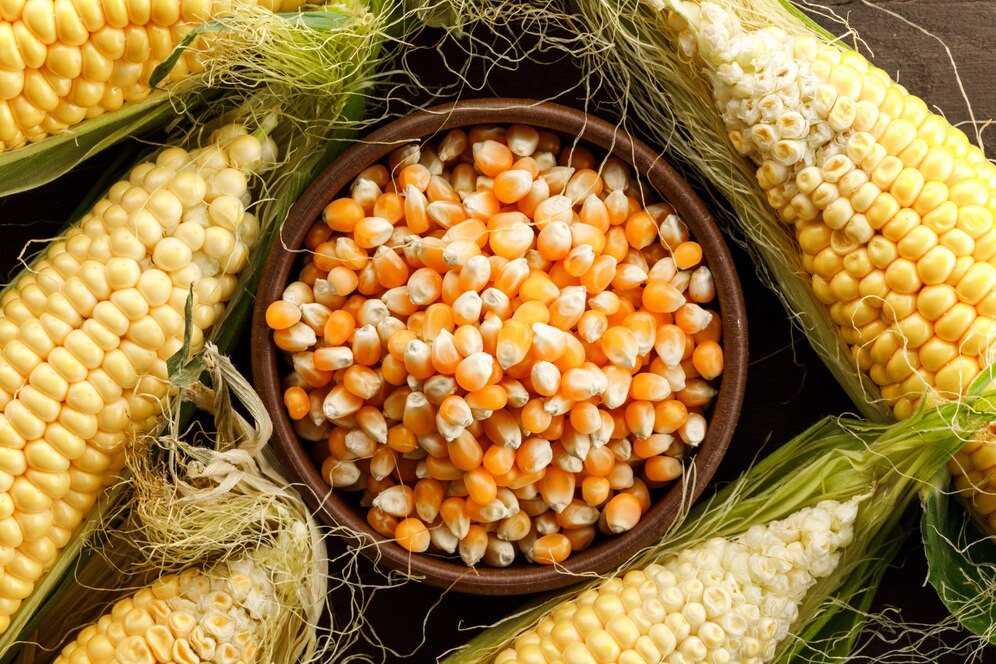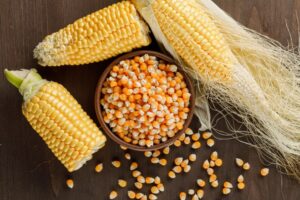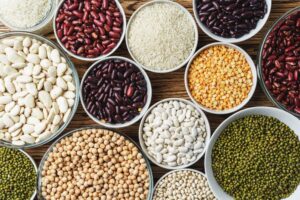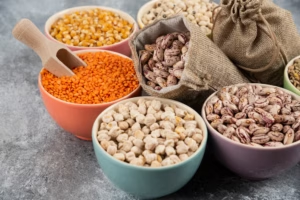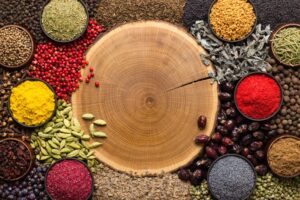Corn, or maize, is one of the most influential crops in the world, shaping the course of human civilization and driving global development. Its versatility as a food source, an economic commodity, and a catalyst for industrial innovation has made it an irreplaceable part of modern life. With applications that span from sustaining human nutrition to fueling industries and contributing to environmental sustainability, corn’s multidimensional role highlights its profound impact on life and economy across the globe.
A Lifeline for Global Nutrition
Corn has been a cornerstone of global diets for centuries, serving as a primary source of nutrition for billions of people. Its adaptability allows it to be consumed in diverse forms, such as fresh corn, tortillas, cornmeal, popcorn, and cereals. In many cultures, it forms the basis of traditional dishes, reflecting its significance in culinary heritage.
Nutritionally, corn is a powerhouse. It is a rich source of carbohydrates, providing essential energy for daily activities. It also offers dietary fiber, which supports digestion, and contains key vitamins and minerals like vitamin B6, magnesium, and iron. For individuals with gluten intolerance or celiac disease, corn serves as a safe, gluten-free alternative, making it a crucial food source in addressing dietary needs.
In developing countries, corn plays a pivotal role in combating food insecurity. It is relatively inexpensive, easy to cultivate, and capable of thriving in diverse climates, making it an accessible staple for vulnerable populations. By providing essential nutrition at a low cost, corn helps sustain millions of lives worldwide.
A Pillar of Economic Development
The economic importance of corn is undeniable. It is one of the most cultivated and traded crops globally, contributing significantly to the economies of major producing countries like the United States, China, and Brazil. Corn’s versatility and high yield make it a critical commodity in agricultural trade, creating economic opportunities across supply chains.
Corn serves as a primary ingredient in animal feed, underpinning the livestock industry that supplies meat, dairy, and poultry products worldwide. Its role in animal agriculture highlights its importance in maintaining global food systems and meeting the dietary needs of a growing population.
In addition to its role in food production, corn is a cornerstone of the biofuel industry. Ethanol, derived from corn, is a renewable energy source that reduces reliance on fossil fuels and lowers greenhouse gas emissions. The ethanol industry generates employment opportunities in rural areas and contributes to energy independence, bolstering local and national economies.
Driving Industrial and Technological Innovation
Corn’s applications extend far beyond food and fuel. Its derivatives are used in an array of industries, showcasing its versatility and potential for innovation. Corn starch, for example, is a key ingredient in food processing, pharmaceuticals, and paper production. High-fructose corn syrup, though controversial, is widely used as a sweetener in processed foods and beverages.
One of the most promising areas of corn utilization lies in the development of sustainable materials. Corn-based bioplastics are emerging as an eco-friendly alternative to traditional plastics, offering solutions to reduce environmental pollution. Additionally, corn is being explored as a source for bio-based chemicals and textiles, paving the way for greener industrial practices. These advancements highlight corn’s potential to drive technological progress while addressing global challenges.
Environmental Challenges and Solutions
Despite its many benefits, the cultivation of corn presents environmental challenges. Large-scale farming often involves intensive use of resources such as water, fertilizers, and pesticides, leading to soil degradation, water scarcity, and biodiversity loss. The practice of monoculture farming, where only corn is grown on vast tracts of land, further exacerbates these issues by increasing vulnerability to pests and diseases.
However, sustainable farming practices and technological innovations are mitigating these challenges. Drought-resistant and pest-tolerant corn varieties are being developed, enabling farmers to achieve higher yields with fewer resources. Precision agriculture, which utilizes data-driven insights to optimize planting and irrigation, is reducing waste and minimizing environmental impacts.
Corn also contributes to environmental sustainability through its role in biofuels. Ethanol, produced from corn, burns cleaner than fossil fuels, reducing greenhouse gas emissions and promoting a transition to renewable energy sources. By integrating sustainable practices into corn production, the agricultural sector can continue to benefit from this vital crop while safeguarding the environment.
Cultural Significance and Heritage
Corn’s importance is deeply rooted in history and culture. Indigenous communities in the Americas, where corn originated, have long revered it as a sacred crop. For civilizations such as the Maya and Aztec, corn was a symbol of life and fertility, celebrated in myths, rituals, and daily practices.
Today, corn remains a cultural icon, celebrated in festivals and traditions worldwide. Events like harvest festivals and corn mazes pay homage to its agricultural significance, while traditional dishes and recipes continue to preserve its culinary heritage. These cultural connections remind us of corn’s enduring role in shaping human identity and community.
Challenges and Opportunities for the Future
The growing global demand for corn presents both challenges and opportunities. Issues such as market volatility, climate change, and the competing demands of food versus fuel raise concerns about the sustainability of corn production. Balancing these competing priorities requires innovative solutions and collaborative efforts among governments, industries, and farmers.
Investments in agricultural research, sustainable farming practices, and diversification of corn applications can help address these challenges. By prioritizing efficiency and environmental stewardship, the agricultural sector can ensure that corn continues to play a vital role in global development. Public awareness and consumer education about corn’s significance can also foster support for policies that promote sustainable cultivation and use.
Conclusion
Corn is more than just a crop—it is a cornerstone of life and economic development. Its multifaceted role in sustaining nutrition, driving industries, and advancing sustainability underscores its importance in the global landscape. As the world faces challenges like food insecurity, climate change, and resource scarcity, corn’s adaptability and potential for innovation offer valuable solutions. Through sustainable practices and forward-thinking strategies, this golden crop will continue to sustain life and economy, shaping a brighter and more resilient future for generations to come.
